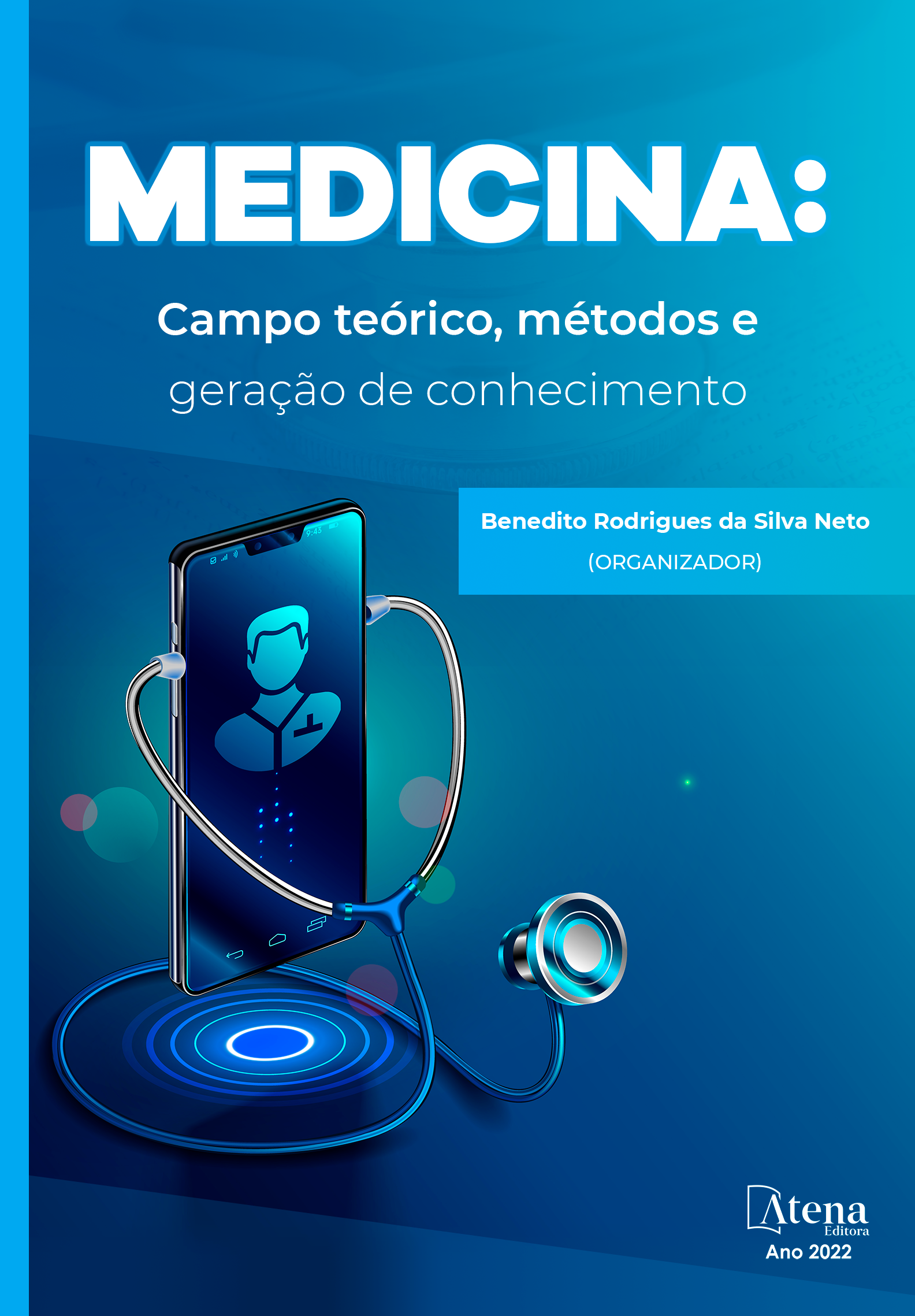
AVALIAÇÃO DO USO DE STENT VERSUS BALÃO NA INTERVENÇÃO CORONÁRIA PERCUTÂNEA
INTRODUÇÃO: A obstrução das artérias coronárias é comum na população, sendo uma das opções de tratamento a intervenção coronária percutânea (ICP). Hoje em dia, existem dois tipos de stents para realização deste procedimento, os convencionais e os farmacológicos (Paclitaxel, Sirolimus, Zotarolimus e Everolimus). A reestenose (RIS) é um fenômeno comum na ICP, podendo ser tratada com balões farmacológicos ou convencionais. OBJETIVOS: abordar a ICP, comparando os stents convencionais e farmacológicos, avaliando os tipos de stents recobertos com drogas, além de investigar as alternativas de balões para tratamento no caso de RIS após angioplastia. MÉTODOS: Realizou-se uma revisão dos artigos científicos presentes nas bases de dados MedLine e Scielo, analisando estudos feitos em humanos, nos últimos 20 anos, utilizando-se os descritores "Paclitaxel-Eluting", "Coronary Stents" e Angioplasty, e suas variações segundo o MeSH. Após aplicar critérios de inclusão e exclusão, 7 artigos fizeram parte da análise final. Foi selecionada também uma matéria publicada em 2019 no website do Governo do Brasil. RESULTADOS E DISCUSSÃO: Quando comparados stents farmacológicos de segunda geração com os de primeira e os não farmacológicos, nota-se que os de segunda geração são mais benéficos pela remodelação menos positiva da placa exterior, e pelo aumento das mudanças favoráveis a ela. No caso de RIS após tratamento prévio pela ICP com stent farmacológico, evidencia-se que os balões farmacológicos possuem menores taxas de revascularização de lesão-alvo, trombose e eventos cardíacos adversos, quando comparados ao balão convencional, uma vez que leva à menor perda luminal tardia e à baixa incidência de RIS recorrente.
AVALIAÇÃO DO USO DE STENT VERSUS BALÃO NA INTERVENÇÃO CORONÁRIA PERCUTÂNEA
-
DOI: 10.22533/at.ed.3912228046
-
Palavras-chave: “Intervenção Coronária Percutânea”; “Stent”; “Angioplastia”; “Estenose Coronária”; “Reestenose Coronária”.
-
Keywords: “Percutaneous Coronary Intervention”; “Stent”; “Angioplasty”; “Coronary Stenosis”; “Coronary Restenosis”
-
Abstract:
INTRODUCTION: Coronary artery obstruction is common in the population, and one of the treatment options is percutaneous coronary intervention (PCI). Currently, there are two types of stents for performing this procedure, conventional and drug-eluting (Paclitaxel, Sirolimus, Zotarolimus and Everolimus). Restenosis (RIS) is a common phenomenon in PCI and can be treated with pharmacological or conventional balloons. OBJECTIVES: to address PCI, comparing bare-metal and drug-eluting stents, evaluating the types of drug-eluting stents, in addition to investigating the alternatives of balloons for treatment in the case of RIS after angioplasty. METHODS: A review of the scientific articles present in the MedLine and Scielo databases was carried out, analyzing studies carried out in humans, in the last 20 years, using the keywords "Paclitaxel-Eluting", "Coronary Stents" and Angioplasty, and their variations according to MeSH. After applying inclusion and exclusion criteria, 7 articles were part of the final analysis. An article published in 2019 on the Government of Brazil website was also selected. RESULTS AND DISCUSSION: When second-generation drug-eluting stents are compared with first- and bare-metal stents, second-generation drug-eluting stents are more beneficial due to the less positive remodeling of the outer plate, and the increase in favorable changes to it. In the case of RIS after previous PCI treatment with drug-eluting stent, it is evident that drug-eluting balloons have lower rates of target lesion revascularization, thrombosis and adverse cardiac events, when compared to the conventional balloon, since it leads to less luminal loss late and the low incidence of recurrent RIS.
-
Número de páginas: 4
- Maria Paula Maia Alves
- Maria Paula Tecles Brandão Vargas
- Paulo Henrique Rodrigues Alves
- Elisa Almeida Rezende


